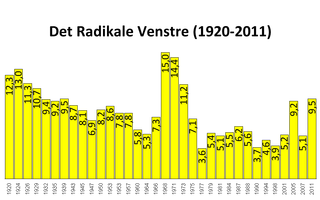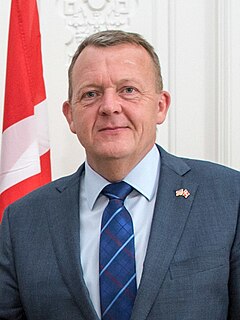
The Prime Minister of Denmark is the head of government in the Kingdom of Denmark. Before the creation of the modern office, Denmark did not initially have a head of government separate from its head of state, namely the Monarch, in whom the executive authority was vested. The Constitution of 1849 established a constitutional monarchy by limiting the powers of the Monarch and creating the office of premierminister. The inaugural holder of the office was Adam Wilhelm Moltke.

Poul Oluf Nyrup Rasmussen, was Prime Minister of Denmark from 25 January 1993 to 27 November 2001 and President of the Party of European Socialists (PES) from 2004 to 2011. He was the leader of the governing Social Democrats from 1992 to 2002. He was a member of the European Parliament from 2004 to 2009.
The Social Democrats, officially Social Democracy, is a social-democratic political party in Denmark. It was the major coalition partner in government from the 2011 parliamentary election, with then-party leader Helle Thorning-Schmidt as Prime Minister. After the 2015 parliamentary election, the party is no longer in government, though it regained the position as the largest party in the Danish parliament, the Folketing, with 47 of 179 seats. Helle Thorning-Schmidt withdrew as party leader on the night of the election as a direct consequence of the loss of government control, and she was succeeded on 28 June 2015 by the former vice leader, Mette Frederiksen.

General elections were held in Denmark on 20 November 2001. For the first time since the 1924 elections, the Social Democrats did not win the most seats. Anders Fogh Rasmussen of the centre-right Venstre became Prime Minister in coalition with the Conservative People's Party, as the head of the first Rasmussen government, with the support from Danish People's Party.
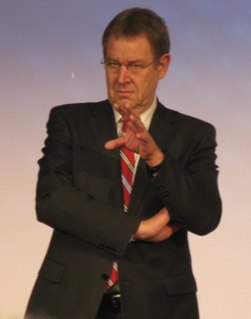
General elections were held in Denmark on 21 September 1994. The coalition of the Social Democratic Party, the Danish Social Liberal Party and the Centre Democrats led by Poul Nyrup Rasmussen remained in power despite the Christian People's Party, which had been part of the government, failing to cross the 2% threshold and losing all four seats. Voter turnout was 84.3% in Denmark proper, 62.3% in the Faroe Islands and 56.7% in Greenland.

General elections were held in Denmark on 12 December 1990. Although the election resulted in a strong gain for the Social Democratic Party, Poul Schlüter's coalition government was able to continue despite the Danish Social Liberal Party leaving. Schlüter's coalition consisted of the Conservative People's Party and Venstre. Voter turnout was 82.8% in Denmark proper, 54.4% in the Faroe Islands and 50.8% in Greenland.

General elections were held in Denmark on 8 February 2005. Prime Minister Anders Fogh Rasmussen's Venstre retained the largest number of seats in parliament. The governing coalition between the Venstre and the Conservative People's Party remained intact, with the Danish People's Party providing the parliamentary support needed for the minority government. The Danish Social Liberal Party made the biggest gains of any party, although it remains outside the governing group of parties. The election marked the second time in a row that the Social Democrats were not the largest party in the parliament, a change from most of the 20th century. The party lost 5 seats and leader Mogens Lykketoft resigned immediately after the election.
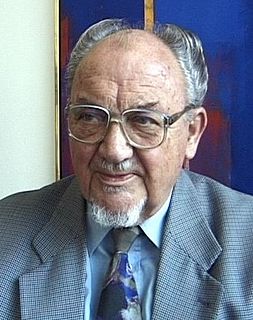
General elections were held in Denmark on 10 January 1984, after the opposition voted against the government's state budget bill. Although the Social Democratic Party remained the largest in the Folketing with 56 of the 179 seats, the Conservative People's Party achieved its best-ever result, gaining 16 seats. The coalition partners Venstre and the Christian People's Party also increased their representation, although the fourth government party, the Centre Democrats, lost seven of their 15 seats. Overall the coalition won three more seats, and Poul Schlüter continued as Prime Minister.

General elections were held in Denmark on 4 December 1973 and in the Faroe Islands on 13 December. It has since been referred to as the Landslide Election, as five new or previously unrepresented parties won seats, and more than half the members of the parliament were replaced. The Social Democratic Party, which had led a minority government until this election, lost a third of their seats. After the election Poul Hartling, the leader of the liberal Venstre, formed the smallest minority government in Denmark's history with only 22 seats, supported by the Progress Party, the Conservative People's Party, the Social Liberal Party, the Centre Democrats and the Christian People's Party.

Svend Gunnarsen Auken was a Danish politician. He represented the Social Democrats as a member of the Danish parliament (Folketinget) from 1971 until his death.

General elections were held in Sweden on 15 September 1968. Held in the wake of the crushing of the Prague spring, it resulted in a landslide victory for the Social Democratic government and Prime Minister Tage Erlander. It is one of two general elections in Swedish history where a single party received more than half of the vote. Erlander would resign the following year after an uninterrupted tenure of 23 years as head of government.

General elections were held in Sweden on 16 September 1979. Although the Swedish Social Democratic Party remained the largest party, winning 154 of the 349 seats in the Riksdag, the liberal interim government of Ola Ullsten was succeeded by another centre-right coalition government composed of the People's Party, the Moderate Party and the Centre Party, led by Centre Party leader Thorbjörn Fälldin. The three parties together won 175 seats, compared to the 174 won by the Social Democrats and Communists. It was the only time that non-socialist parties retained power in an election between 1928 and 2010. The Moderates dramatically increased their representation in the Riksdag, becoming the largest party of the non-socialist bloc, a position they have maintained ever since.

General elections were held in Sweden on 15 September 1985. The Swedish Social Democratic Party remained the largest party in the Riksdag, winning 159 of the 349 seats. Its leader, Olaf Palme, kept his position as Prime Minister. He would retain this position successfully until his assassination in 1986.
Parliamentary elections were held in Finland on 20 and 21 March 1966. The Social Democratic Party (SDP) overtook the Centre Party as the largest faction in Parliament. Rafael Paasio of the SDP subsequently became Prime Minister and formed a popular front government consisting of the SDP, the Centre Party, the People's Democratic League (SKDL), and the Social Democratic Union of Workers and Smallholders (TPSL) in May 1966.
Parliamentary elections were held in Finland on 15 and 16 March 1970.
Parliamentary elections were held in Finland on 21 and 22 September 1975.

General elections were held in Belgium on 26 March 1961. The result was a victory for the Christian Social Party, which won 96 of the 212 seats in the Chamber of Representatives and 47 of the 106 seats in the Senate. Voter turnout was 92.3%. Elections for the nine provincial councils were also held.
A non-binding referendum on the Single European Act was held in Denmark on 27 February 1986. It was approved by 56.2% of voters, with a voter participation of 75.4%.
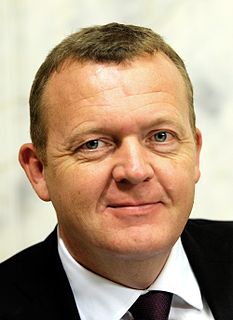
General elections were held in Denmark on 15 September 2011 to elect the 179 members of the Folketing. Of those 179, 175 members were elected in Denmark, two in the Faroe Islands and two in Greenland.

When the conservative Prime Minister Poul Schlüter resigned on the 15 January 1993 because of the Tamil Case, the leader of the Social Democrats Poul Nyrup Rasmussen formed his first cabinet on the 25 January 1993. The cabinet consisted of the Social Democrats, the Social Liberal Party, the Centre Democrats and the Christian People's Party.


